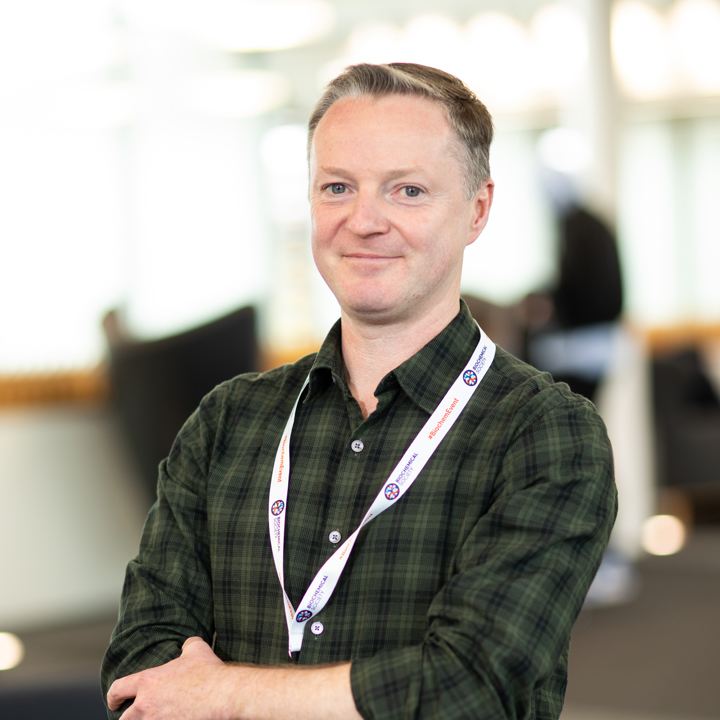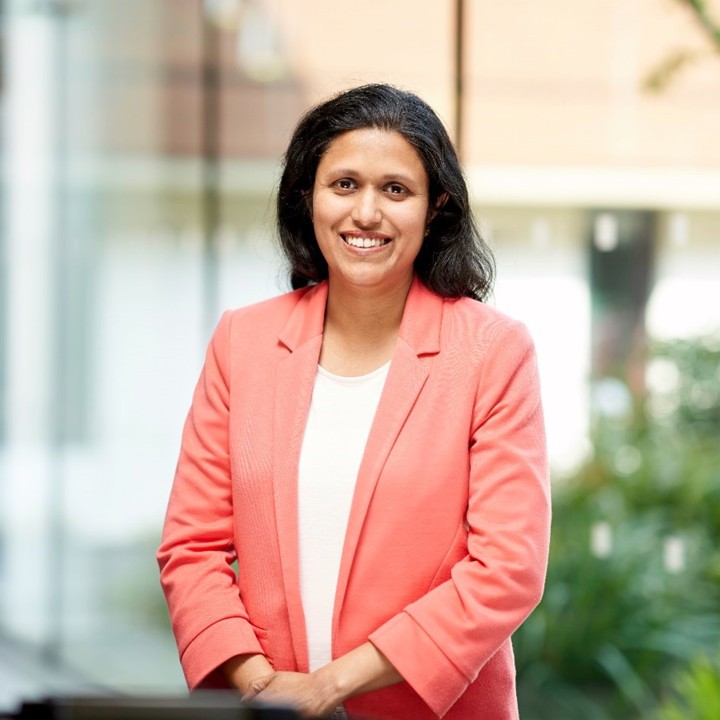
Basic Biosciences Theme Panel
The Basic Biosciences Theme Panel includes the Chairs of all six of the Society’s Research Areas.
Get involved!
Basic Biosciences Theme Panel
6 members

Robbie Baldock
Robbie Baldock
Robert completed his undergraduate degree at the University of Sussex in 2012 and later joined the laboratory of Dr Felicity Watts to study post-translational modifications that enable cells to respond to cellular stress. In 2016, he joined the University of Pittsburgh as a postdoctoral associate to determine the impact of mutations in DNA repair genes on sensitivity of cancer cells to precision medicines.
In 2018, Robert returned to the UK to start his own research laboratory. During this time, he helped establish a new BSc (Hons) Biomedical Science programme as a Lecturer at Solent University Southampton before later progressing to Senior Lecturer. In 2021, he joined the University of Gloucestershire to develop a 2nd set of new Biomedical Science programmes. In 2022, Robert joined the University of Portsmouth to continue his research investigating the mechanisms of DNA repair that protect both the mitochondrial and nuclear genome.
Robert is currently Associate Head (Employability & Placements) at the University of Portsmouth. He is a Local Ambassador for the Biochemical Society and serves on both the Genes Research Area Panel as well as on the society’s Early Career Advisory Panel. He has participated in external validation panels for new degree programmes and is an External Examiner for the University of Plymouth. Robert is also a Senior Fellow of the Higher Education Academy (AdvanceHE) and has a keen interest in how technology can widen-participation and enrich bioscience education.
Keywords: DNA repair, Genomic Stability, Cell Biology

Vicky Higman
Vicky Higman
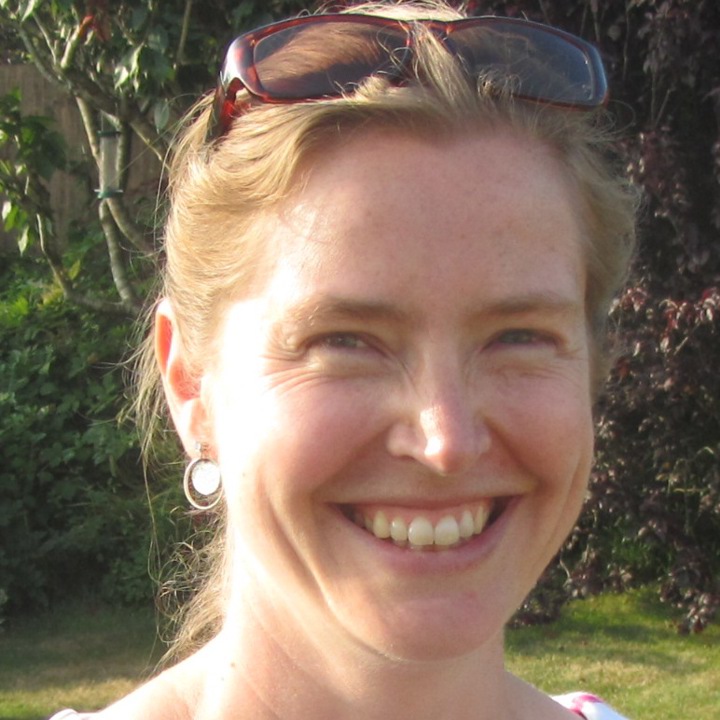
Vicky studied Chemistry at the University of Oxford where she received her MChem and was first introduced to protein NMR. She stayed on at Oxford to do her DPhil and some post-doctoral work in this area before moving to the Leibniz-Institut für Pharmakologie in Berlin where she switched from solution to solid-state NMR of proteins. After further stints at the Universities of Oxford and Bristol she moved to the University of Leicester in 2019 where she joined the Collaborative Computational Project for NMR (CCPN). She now is now involved in developing software for the biomolecular NMR community, supporting the work of academic and industrial scientists globally.
Keywords: Nuclear Magnetic Resonance, protein structure and dynamics, protein-protein and protein-ligand interactions

Nicholas Morton
Nicholas' research aims to identify the causes of one of the greatest healthcare challenges facing global society: the obesity pandemic. He leverages population human genetics and preclinical models to identify and develop potential new therapeutic targets for “civilisation diseases” associated with obesity, such as type 2 diabetes that are further driven by our advancing population age. Nicolas works with government, charity, education/public engagement, and industry stakeholders.
Keywords: Obesity, diabetes, genetics, gene discovery, pre-clinical modelling
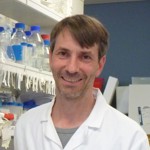
Matthias Krause
Matthias Krause
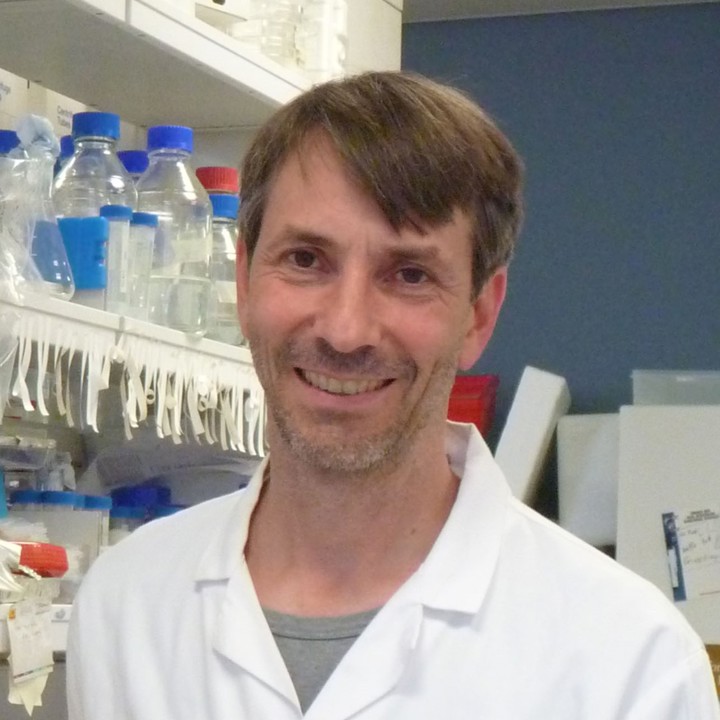
Matthias’ research focusses on the regulation of the actin cytoskeleton in endocytosis and cell migration. He studied Pharmacy at the University of Braunschweig, Germany, followed by a PhD in Cell Biology at the German Research Centre for Biotechnology, Braunschweig, Germany. During his doctoral studies, he examined the regulation of the actin cytoskeleton supporting immunological synapse formation and phagocytosis. Followed by post-doctoral training in the USA at MIT, Cambridge, MA, where he discovered the cell migration regulatory protein, Lamellipodin. He then started his own laboratory at King’s College London.
Keywords: Cell Migration, cell proliferation, endocytosis, actin cytoskeleton

Tim Palmer
Tim Palmer

Tim is currently Professor and Chair of Cardiovascular Biology at the Hull York Medical School Centre for Biomedicine at the University of Hull, UK. His research examines the cell signalling mechanisms responsible for the development of cardiovascular disease.
Tim received a BSc (Hons) in Biochemistry from the University of Manchester, and a PhD in Biochemistry from the University of Glasgow under the direction of Professor Miles Houslay. During his post-doctoral studies, he examined the molecular basis of adenosine receptor desensitisation, securing an American Heart Association Postdoctoral Research Fellowship. He then returned to Glasgow in 1997 as a Lecturer in Biochemistry before moving to the University of Bradford to take up a Chair in Pharmacology in 2015.
Keywords: Cytokine signalling, vascular biology, inflammation, JAK-STAT

Irundika Dias
Irundika Dias
Irundika’s research interests are on redox biology related to chronic inflammatory diseases. She uses lipidomic tools to identify modified lipid biomarkers in ageing and disease. She graduated from the University of Colombo, Sri Lanka with a BSc in Biochemistry and Molecular Biology. She completed Immunology MSc in Brunel University, UK followed by a PhD from Aston University, UK. During her post-doctoral and Fellowship work at Aston University, she worked on metabolic pathways that leads to chronic inflammation and specialised on lipidomic studies and biomarker analysis. She is currently a lecturer at Aston medical school. She acts as the chair of Biochemical Society Theme Panel-Research Area VI.
Keywords: Redox Biology, Lipidomics, Biomarkers

